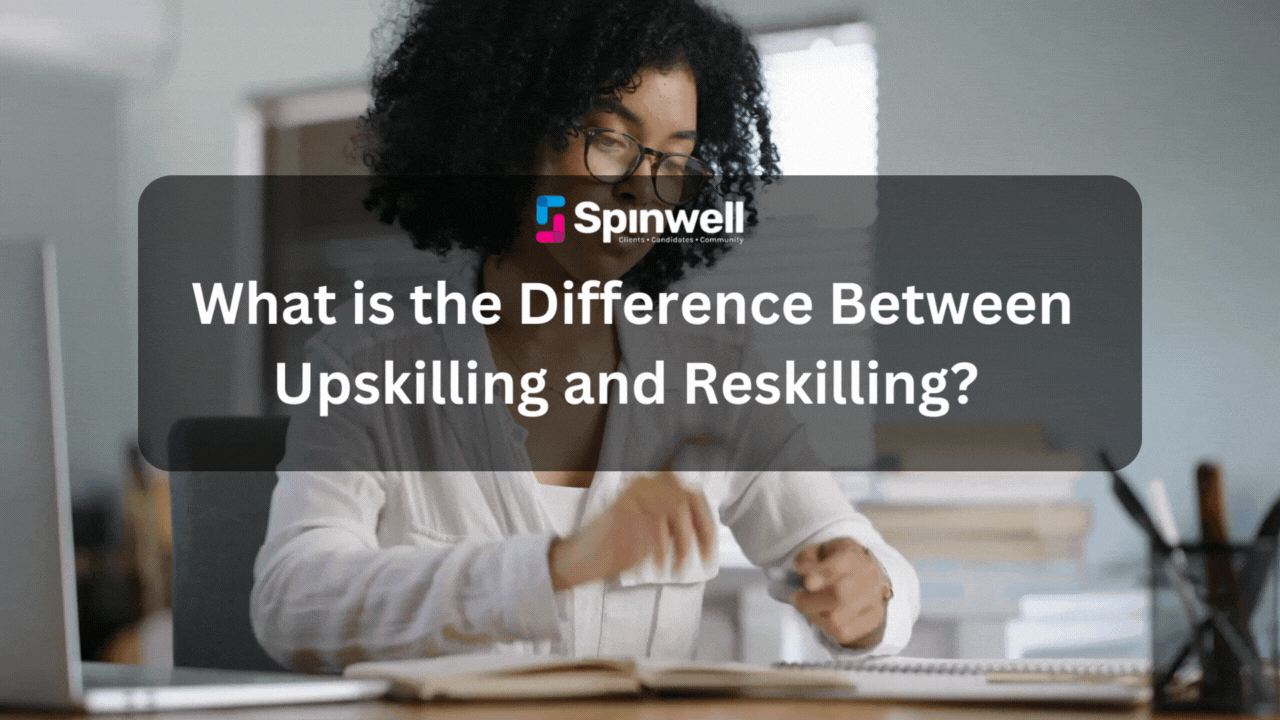
What is the Difference Between Upskilling and Reskilling?
In today’s rapidly changing job market, upskilling and reskilling have become critical components of employee growth and development. While both are important strategies to stay competitive in the job market, there are key differences between the two.
Upskilling focuses on expanding an employee’s existing skillset. It involves learning new things within their current field of work to improve their performance or advance their career. Upskilling is often used to keep up with industry changes and emerging trends. For example, an accountant might take a course on machine learning to learn how to use data analysis tools to improve their work processes.
Reskilling, on the other hand, involves learning new skills to perform a different job or function. It is often used when an employee’s current skills are no longer in demand or when seeking a career transition. For example, an IT technician might choose to reskill in cybersecurity to fill a growing security gap in their company.
Both upskilling and reskilling are essential strategies to promote employee growth and development. They can increase job satisfaction, engagement, and loyalty to the company by providing opportunities for career growth and improving job security. As the job market continues to evolve, organizations must prioritize both upskilling and reskilling to remain competitive and meet the demands of a changing workforce.


